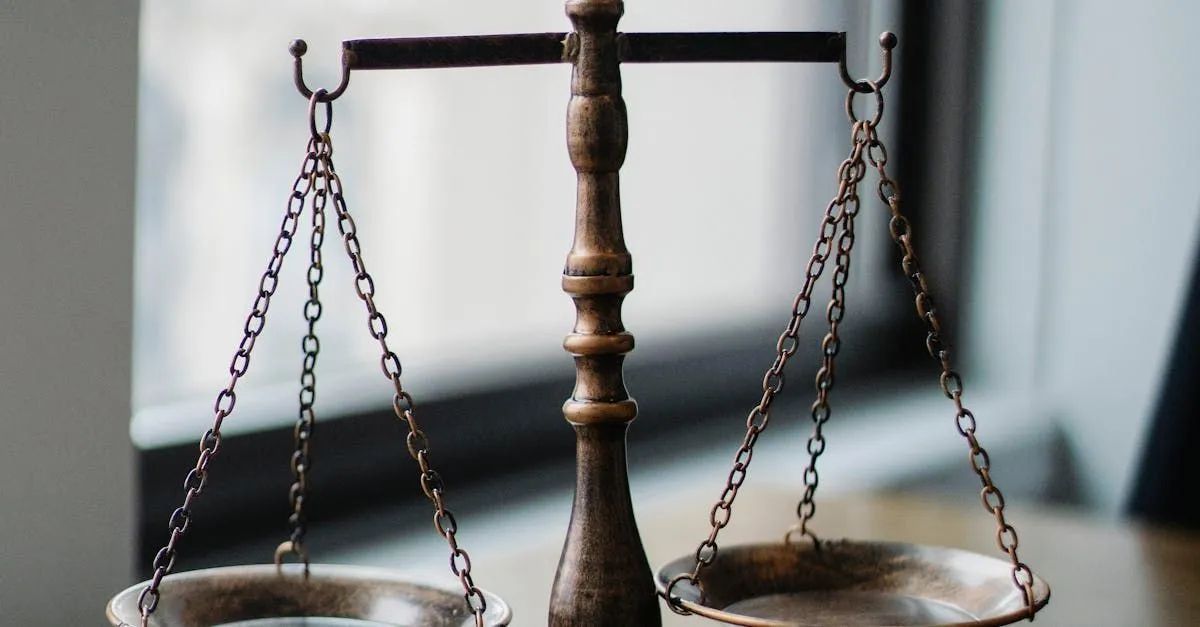Difference between Assault and Battery in Indiana
As residents of Indianapolis, it is important to be aware of the laws and regulations surrounding assault and battery. These two terms are often used interchangeably but have distinct differences under the law. At The Law Office of Ross G. Thomas, we understand the complexities of criminal defense matters and are here to assist you in navigating through them. In this blog post, we will delve into the nuances between assault and battery in Indiana to provide you with a better understanding of these legal concepts.
Assault and battery are two separate offenses under Indiana law, each with its own set of elements that must be proven for a conviction. Assault is defined as an intentional act that causes another person to fear imminent harm or offensive contact. This means that even if no physical contact occurs, an individual can still be charged with assault if they make someone fear for their safety. On the other hand, battery involves actual physical contact that is intended to cause harm or offense to another person. In Indiana, both assault and battery can be charged as misdemeanors or felonies depending on the severity of the offense.
In Indiana, assault is categorized into three different levels: simple assault, aggravated assault, and deadly assault. Simple assault is considered a Class B misdemeanor and involves minor threats or attempts to cause harm without actually making physical contact. Aggravated assault is a more serious offense that involves using a deadly weapon or causing serious bodily injury to another person. This offense is classified as a Level 5 felony in Indiana and carries harsher penalties. Deadly assault occurs when an individual uses a deadly weapon with the intent to cause serious bodily injury or death to another person. This offense is classified as a Level 3 felony in Indiana.
Battery charges in Indiana are also divided into different levels based on the severity of the offense. Simple battery involves causing bodily injury to another person without using a deadly weapon or causing serious harm. This offense is considered a Class A misdemeanor in Indiana. Aggravated battery occurs when an individual causes serious bodily injury to another person through intentional conduct such as using a deadly weapon or excessive force. This offense is classified as a Level 3 felony in Indiana.
Understanding the difference between assault and battery in Indiana is crucial for Indianapolis residents who may find themselves facing criminal charges related to these offenses. It is important to seek legal counsel from experienced criminal defense attorneys like those at The Law Office of Ross G. Thomas who can provide you with expert guidance and representation throughout your case. By being informed about your rights and legal options, you can better navigate through the complexities of the criminal justice system and work towards achieving a favorable outcome in your case.



